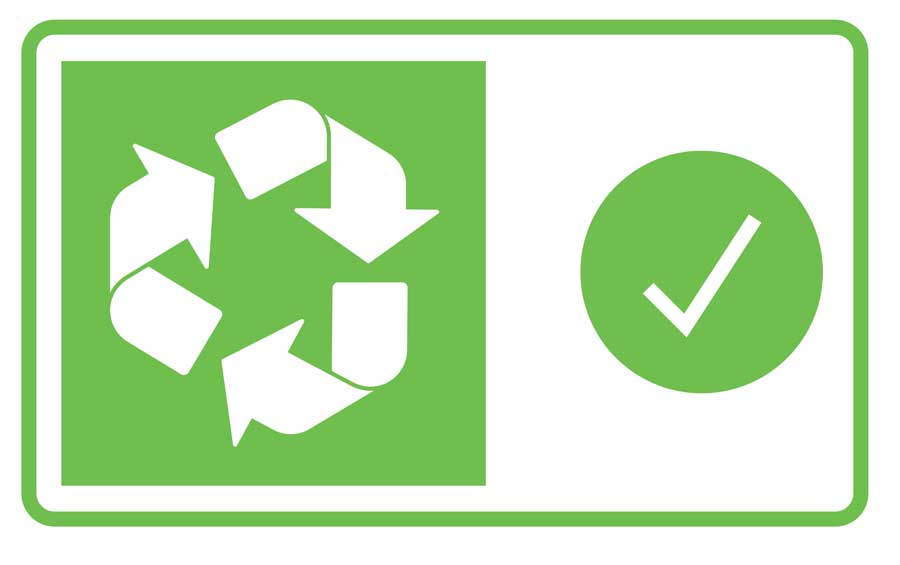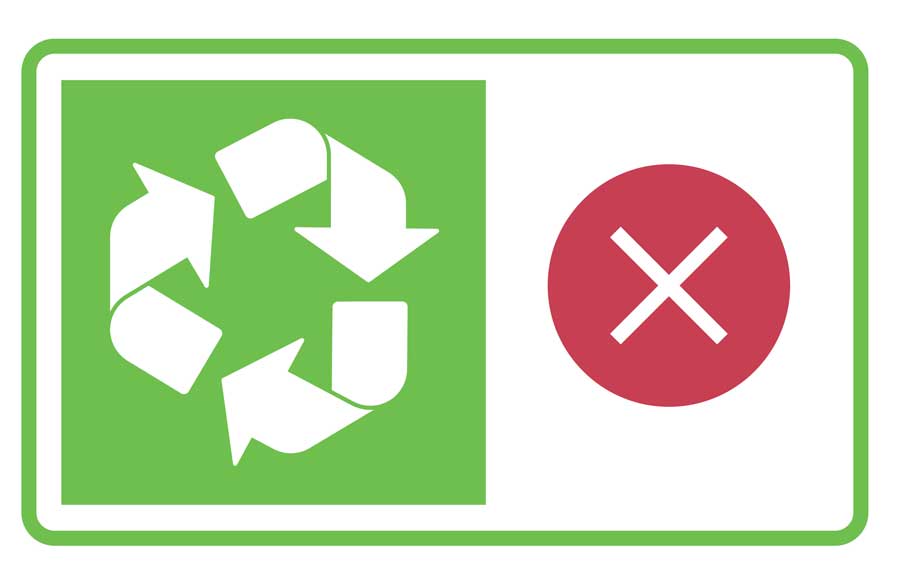Brown bin garden waste service
The Clip and Collect (brown bin) service, is a paid for service. All new applications and renewals must be registered with us during the sign-up and renewal window. The window closed on Monday 2 February 2026.
Collections will start week commencing 9 March 2026
You can view your collection schedule at: Manage your bins.
Your licence sticker has been posted out, please display this on your brown bin.
Join the waiting list for the 2027 service
All subscriptions now run in line with the calendar year. The waiting list for the 2027 service is now open and will be subject to capacity.
Should you wish to join the waiting list, please complete our simple online form.
If you currently have a garden waste contract, you do not need to join the waiting list, we will contact you when renewal is available.
Clock Completing the form takes around 5 minutes.
Join the waiting listAfter you've joined the waiting list
When the sign-up window opens, spaces will be allocated on a first-come, first-served basis and once we are at full capacity the window will close. In the interest of fairness, invitations will be sent in phases, allowing residents who signed up to the list first, first refusal to the service.

Garden waste collections
If you require an ad-hoc garden waste collection, you can request a Garden waste bag collection, or use other ways to dispose of your waste.
About the brown bin service
The brown bin, or Clip and Collect service provides fortnightly collections of garden waste.
To be eligible for a brown bin, you must have a current collection service for a standard grey or green wheelie bin.
- The cost of the brown bin service is £56.65 for the 2026 service and will be subject to an annual increase each year.
- You can request up to two standard 240-litre brown wheelie bins to recycle domestic garden waste.
- You must make sure your brown wheelie bin/bins clearly have your house number/name recorded on the bin so it can be clearly identifiable by our operational crews.
- The service takes a winter break between December and February each year.
- The service is transferable between properties within Kirklees, providing you inform us of your house move by emailing Email brownbins@kirklees.gov.uk. You must make your own provisions to transport the bin to your new address. Failure to follow this procedure may result in your contract being terminated and you will not be able to set up a contract for your new address until the next sign-up/renewal window. If you do not require the service at your new address, please notify us by emailing Email brownbins@kirklees.gov.uk and the bin will be removed from your current address and your contract terminated. There will be no pro rata refund for the remainder of the contract period.
- All the waste is turned into organic material. This is used for a range of industrial and commercial purposes.
- All subscribers must accept the Terms and Conditions for the 2026 service Terms and conditions March 2026 to November 2026.
Unfortunately, we can't collect a brown bin from some properties. If your property is one of those, you will be informed when you try to sign up.
Assisted collections
If you need assistance having your brown bin emptied, it can be arranged after you sign up for Clip and Collect. We may need to carry out a quick survey of your property before we offer assistance with your brown bin. We will let you know about that when you enquire about assistance.
Enquire about an assisted collection: Assisted bin collections
Brown bin collection dates
Bin collection dates tells you when your bin is being collected.
What you can put in your brown bin

- ✓ Grass cuttings
- ✓ Tree & hedge clippings
- ✓ Weeds (excluding controlled weeds such as Giant Hogweed or Japanese knotweed)
- ✓ Plants & flowers
- ✓ Leaves
- ✓ Twigs & bark
- ✓ Small branches (under 4 inches in diameter)
Please leave waste loose. Do not put it in plastic bags.
What you can't put in your brown bin

- ✕ Soil (small amounts of soil on roots is unavoidable, but try to shake off as much as possible, so there is more room in your bin for compostable waste)
- ✕ Rubble, gravel, and stones
- ✕ Turf
- ✕ Infectious plants (such as Japanese Knotweed)
- ✕ Plant pots (includes plastic and terracotta) or plastic ties
- ✕ Pet bedding or pet waste (for example, from a rabbit hutch or cat litter, or dog poo)
- ✕ General waste
- ✕ Food waste
- ✕ Plastic bags
Benefits of having a brown bin
- You are greener - by recycling your garden waste, you are being environmentally conscious. You are also acting to reduce climate change by cutting the number of plastic bin bags used
- You are cleaner - by reducing mess in the garden and smells in the car
Going that one step further with recycling
Using our Clip and Collect service is not the only way you can recycle garden waste. If you have a very large garden, or want to make use of the organic material yourself, here are a few tips to follow:
- Composting. Find out what you can compost and order a Kirklees Council compost bin.
- Request a garden waste bag collection.
- Take it to one of our household waste recycling centres (tips).